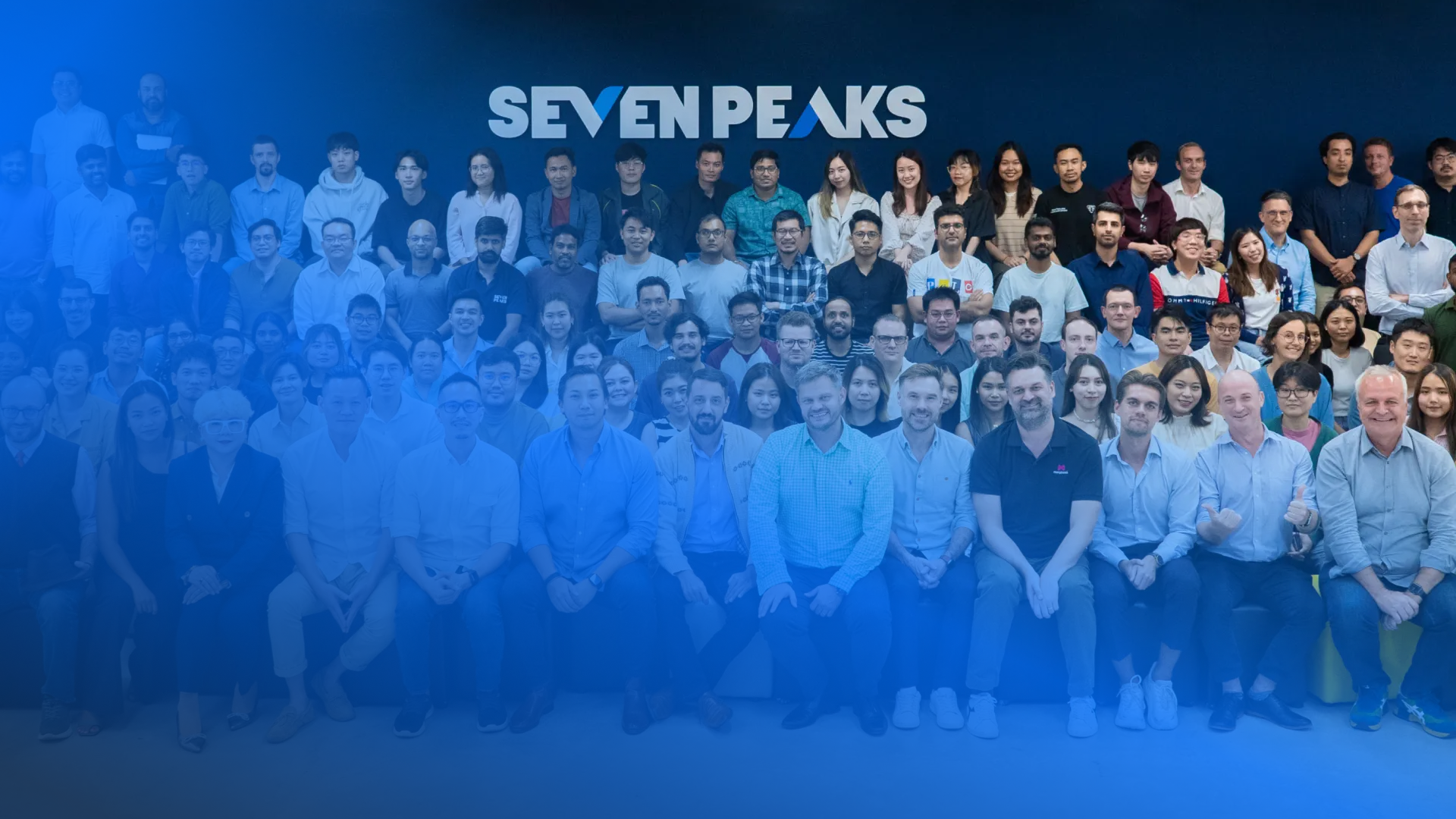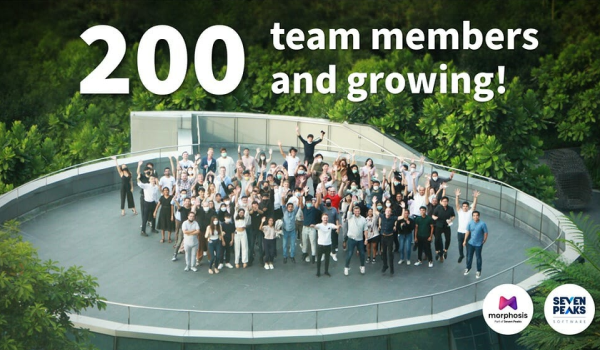Celebrating 9 Years of Growth with a New Office


Celebrating 9 Years of Growth with a New Office
Sep 28, 2023 2:18:23 PM
3
min read
Clutch Hails Us as one of the Best Mobile App Developers in Thailand


Clutch Hails Us as one of the Best Mobile App Developers in Thailand
Sep 18, 2023 10:02:16 AM
1
min read
Financial Times Ranks Seven Peaks Software in 2023 High-Growth Companies Asia-Pacific Listing


Financial Times Ranks Seven Peaks Software in 2023 High-Growth Companies Asia-Pacific Listing
May 9, 2023 11:13:00 AM
2
min read
Morphosis is joining forces with Seven Peaks


Morphosis is joining forces with Seven Peaks
Jun 23, 2022 5:25:00 PM
6
min read


